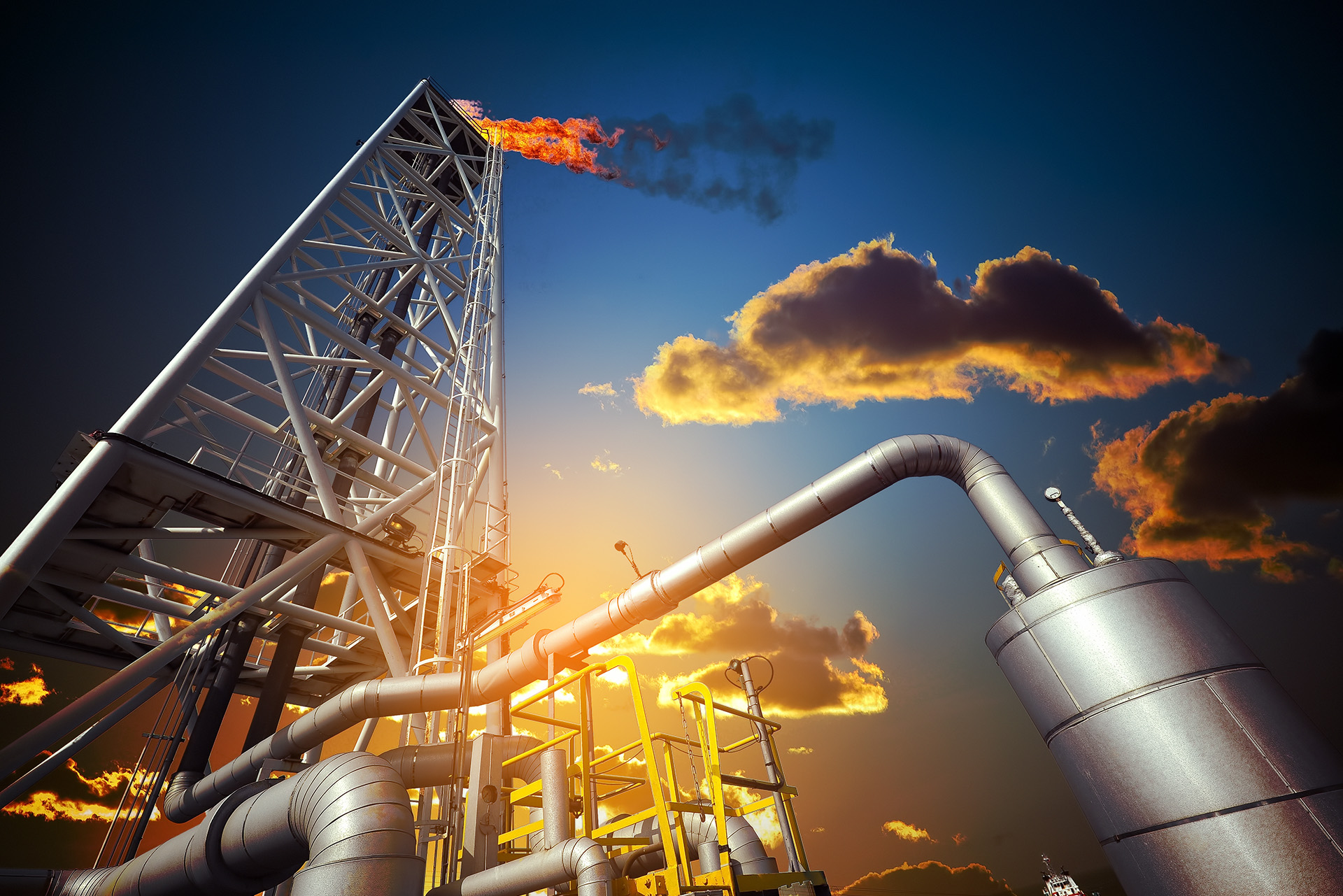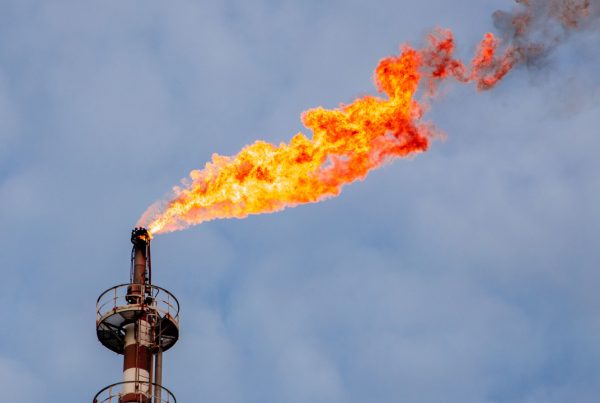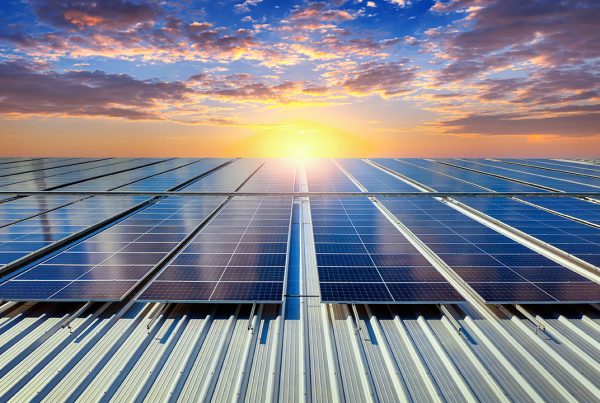Europe has big ambitions: by 2030, carbon emissions need to be reduced by 55% to reach net-zero climate by 2050. And on this challenging and changing path, Romania has an advantage few countries have: its own natural gas resources. Used intelligently, these could be the card we can play in order to be, as a country, a winning team: to have a smooth transition, with prices bearable for consumers, while achieving economic development and reducing polluting emissions.
Against a backdrop of already mature deposits, Romania's current production is declining annually. So, Romania's number one short-term strategic objective in the energy sector should be the start of natural gas production in the Black Sea. The fields discovered since 2012 in the deep offshore area will be able to provide Romania with the necessary resources to fully cover our domestic needs. In addition, they can be used to adapt the energy sector and the economy as a whole to the many changes that are on the horizon with the transition to an emission-neutral economy.
Ahead of the European Council meeting on October 21-22, 2021, which was aimed at European coordination in the context of the COVID-19 pandemic, the Union's digital agenda, rising energy prices, Romanian President Klaus Iohannis highlighted "the importance of diversifying energy supply sources and reducing dependence on third party suppliers outside the Unionas well as for ensuring security of energy supply. The President of Romania insisted on the fact that energy security is closely linked to the use of a balanced mix of energy technologies and sources, such as natural gas and nuclear energy", according to a Presidency press release.
With EU policies favoring renewable energy technologies, halting investment in the exploitation of gas from the Black Sea would have a huge impact on the local economy. Practic, Romania would lose investment 15.7 billion, which will generate $71.3 billion in GDP contribution, $26 billion in state budget revenues and 30,605 jobs annually (directly and indirectly), according to modeling contained in a study Deloitte (2018).
The last few months, in which we have witnessed the increase in natural gas prices and imports, have shown once again how important our own resources are to ensure a stable and affordable energy supply to Romanian consumers. This winter would have been otherwise, without the fear of not having enough natural gas for domestic consumption, if we had the Black Sea resources available on the market.
If the exploitation of natural gas from the Black Sea had not been blocked in 2018, based on official data from the Ministry of Energy, Romania would have had a surplus of 2.5 billion cubic meters this year on the domestic market. Thus, instead of earning a few billion lei by selling the surplus for export, we paid more for imports. "Not finding this gas on the Romanian market at the moment, we are in deficit, with very high prices, we are scared of the coming winter"said Dumitru Chisăliță, president of the Intelligent Energy Association, in November, HERE).
Even so, thanks to domestic production, Romania has one of the lowest levels of dependence on natural gas imports in the EU.
To encourage investment in increased production, one of the main conditions is legislative stability.
"The oil and gas market in Romania has suffered as local legislation is changing at a rapid pace, without analyzing the effects of the changes in extenso." said Laurian Lungu, Co-founder Consilium Policy Advisors Group, in an analysis on The oil and gas industry's contribution to the Romanian economy.
As an example: legislation impacting the Romanian offshore gas sector was amended more than 15 times between 2013 and 2020, as reports PwC Romania.
There is also a need for attractive taxation that balances the interests of the state and investors.
Energy transition opportunities
Beyond the challenges of security of energy supply, Romania needs to find and adopt a strategy to make the transition to a green economy. Natural gas remains essential in this process.
"Even today gas plays an important role in balancing variable renewables at a affordable cost, reducing CO2 emissions and ensuring system reliability. Gas remains essential to facilitate the integration of renewable and decarbonized energy", have sent to the European Commission, in a joint letter, 58 CEOs and associations representing the European gas industry.
"Building a winning team requires cultivating talent. Thanks to integrated know-how, the natural gas value chain creates many short, medium and long-term opportunities for high-skilled European jobs, growth and decarbonization", added representatives of companies in the sector, including the Romanian company Transgaz.
So there are ambitious climate targets that Romania needs to meet, but without losing sight of the energy security and affordability aspects of the transition. Natural gas is part of the solution to these challenges. It is up to us which team we want to be on, the winning team or not.





